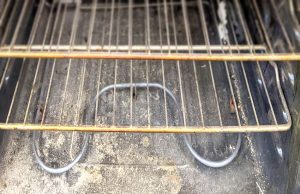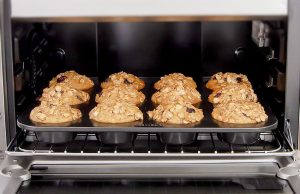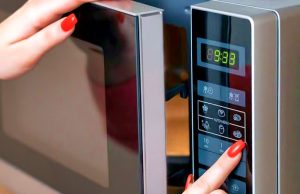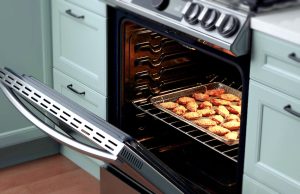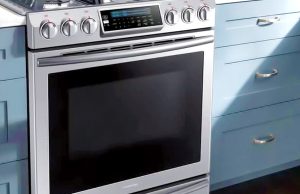Some of our posts contain affiliate links. If you buy through our links, I may earn a small commission at no extra cost to you.
Why Chefs Love Slotted Spoons: A Kitchen Essential Explained
In the busy world of cooking, where every second counts and every ingredient matters, chefs rely on a variety of tools to ensure their dishes come out just right. Among these tools, there’s one humble hero that stands out: the slotted spoon. You might have seen it in your kitchen drawer, but do you know why every chef swears by it? Let’s dive in and uncover the secrets behind this seemingly simple utensil.
First things first, what exactly is a slotted spoon? Well, it’s a spoon with holes or slots in the bowl. These openings allow liquids to drain away while keeping solid ingredients in place. Imagine scooping up some pasta from boiling water – a slotted spoon lets the water drip away, leaving you with perfectly cooked pasta.
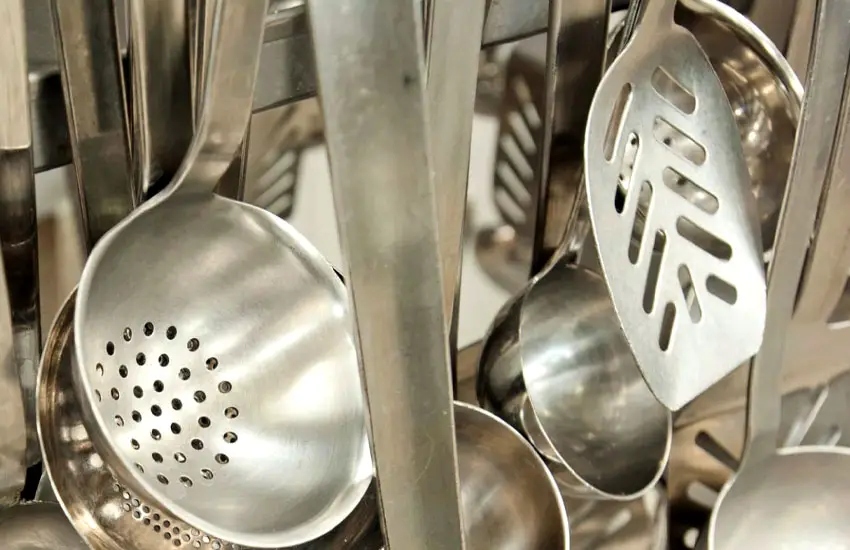
Versatility in the Kitchen
One of the main reasons chefs adore slotted spoons is their versatility. They’re not just for draining pasta; they can be used in a wide range of cooking tasks. From blanching vegetables to skimming foam off soups and stews, the slotted spoon can handle it all.
Precision Straining
When you’re cooking pasta or boiling vegetables, you want to remove them from the hot water at just the right moment. This is where the slotted spoon shines. Its design allows for precise straining, ensuring you don’t overcook your ingredients. With a slotted spoon in hand, you can say goodbye to soggy vegetables and mushy pasta.
Also Read: How to Use Slotted Spoon: Step-by-Step Guide
Gentle Handling of Delicate Foods
Some foods, like poached eggs or delicate fish fillets, require gentle handling to prevent them from falling apart. A slotted spoon’s gentle touch makes it the perfect tool for lifting these fragile items out of liquids without causing any damage. Chefs appreciate this aspect of the slotted spoon, as it helps them maintain the integrity of their dishes.
Removing Excess Oil
Whether you’re frying up some crispy bacon or making homemade potato chips, excess oil can be a concern. That’s where the slotted spoon comes in handy. Its perforated design allows you to scoop up fried foods while leaving the excess oil behind. This results in lighter, less greasy dishes – something both chefs and diners can appreciate.
Efficient Skimming
When you’re making soups or stocks, you often encounter impurities and foam that rise to the surface. Skimming these unwanted elements can be tedious, but not with a slotted spoon. Its wide, shallow bowl and long handle make it the perfect tool for efficiently skimming off foam and impurities, leaving you with a clear, flavorful liquid.
Preventing Soggy Salads
Ever made a salad only to have it turn into a soggy mess because of excess moisture? It’s a common problem, but it’s easily solved with a slotted spoon. By using a slotted spoon to scoop out ingredients like tomatoes or cucumber from their juices, you can prevent your salad from becoming waterlogged. This simple trick ensures your salads stay crisp and fresh.
Easy to Clean
In a busy kitchen, easy cleanup is essential, and slotted spoons deliver on that front. Their simple, streamlined design means there are no hard-to-reach crevices where food can get stuck. A quick rinse under running water is usually all it takes to clean a slotted spoon, making it a favorite among chefs who value efficiency.
Durability and Longevity
Quality is key when it comes to kitchen tools, and slotted spoons are no exception. Made from sturdy materials like stainless steel or heat-resistant nylon, they’re built to withstand the rigors of daily use in a professional kitchen. Chefs appreciate their durability and longevity, knowing they can rely on their slotted spoons to perform well meal after meal.


